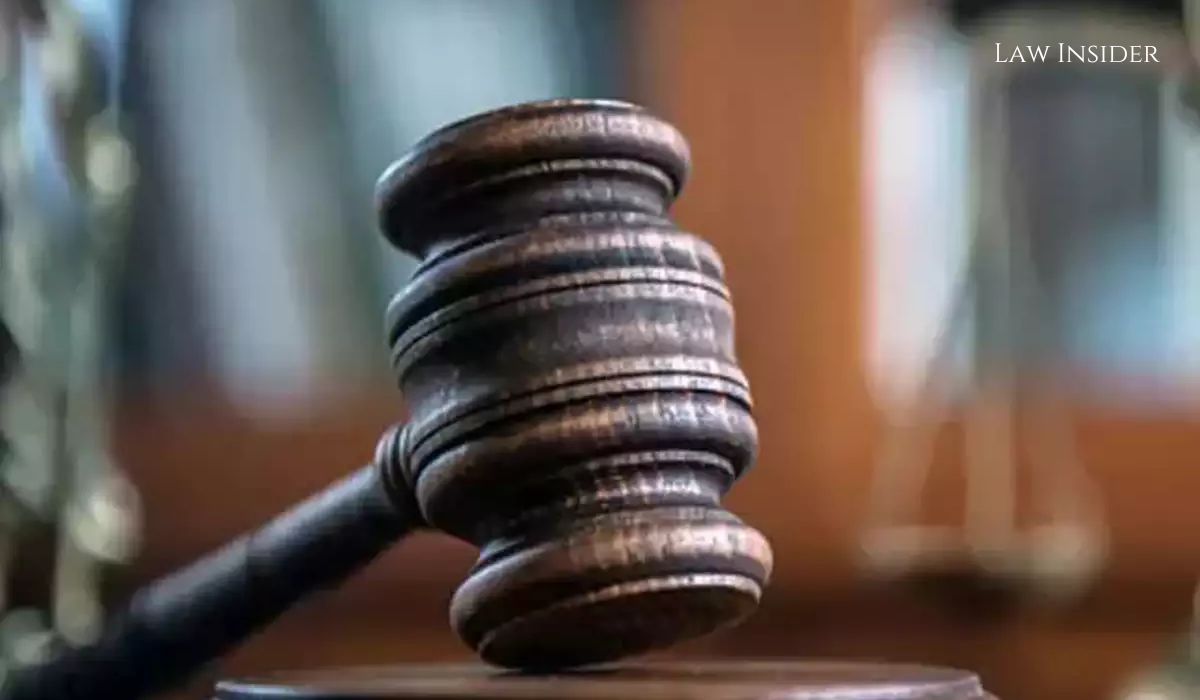Sakina Tashrifwala
Published on: October 21, 2022 at 23:02 IST
The Supreme Court ruled that educational trusts or societies seeking exemption under Section 10 (23C) of the Income Tax Act must be entirely concerned with education or activities linked to education.
The bench of CJI Uday Umesh Lalit, Justices S. Ravindra Bhat and P S Narasimha stated that when the institution’s goal appeared to be profit-oriented, such institutions would not be eligible for approval.
The court reversed previous decisions that construed the phrase “solely” in Section 10(23C) as the “dominant/dominating/primary/principal” object. It did, however, clarify that the law proclaimed in the current ruling will only apply prospectively.
Section 10 of the IT Act exempts some types of income from taxation. At the relevant time (2012), Section 10 (23C) reads as follows:
“Any revenue falling within any of the following clauses shall not be included in calculating a person’s total income for the preceding year— (vi) any university or other educational institution established only for educational purposes and not for profit, other than those indicated in subclauses (iiiab) or (iiiad) and authorised by the prescribed authority; or…”
Several Educational Trusts had petitioned the Supreme Court against the judgment of the Andhra Pradesh High Court, which held that these trusts, which claimed exemption under Section 10 (23C) of the IT Act, were not established ‘solely’ for the purpose of education and thus denied their application for registration as a fund, trust, or institution, or any university or other educational institution established for the charitable purpose of education.
The bench reached the following judgments in dismissing their appeals:
1. It is held that the charitable institution, society, or trust, etc., must ‘solely’ engage in education or educational activities and not engage in any profit-making activity, which means that such institutions cannot have purposes that are unrelated to education. In other words, all objects of the society, trust, and so on must be related to education or educational activities.
2. Where the institution’s goal appears to be profit-oriented, such institutions will be denied approval under Section 10(23C) of the IT Act. At the same time, surplus in a particular year or group of years is not a bar, as long as it is generated in the course of delivering education or educational activities.
3. The seventh proviso to Section 10(23C), as well as Section 11(4A), refer to profits that the charitable institution may ‘incidentally’ create or earn. In this scenario, the same applies solely to educational institutions or organisations that engage in educational activities.
4. The reference to ‘business’ and ‘profits’ in the seventh proviso to Sections 10(23C) and 11(4A) simply means that the profits of business that is ‘incidental’ to educational activity – as explained in the earlier part of the judgement, i.e., relating to education such as the sale of text books, providing school bus facilities, hostel facilities, and so on –
5. The rationale and conclusions in American Hotel (above) and Queen’s Education Society (supra) regarding the interpretation of the phrase “solely” are hereby rejected. As a result, the decisions are overturned to that extent.
6. When examining applications for permission under Section 10(23C), the Commissioner or the relevant authority, as the case may be under the second proviso, is not required to look simply at the institution’s objects. To determine the validity of the institution and the manner in which it operates, the Commissioner or other authority may request audited accounts or other such records for recording satisfaction where the society, trust, or institution really attempts to attain the purposes that it professes. According to the observations made in American Hotel (above), the Commissioner could not request the records and the inspection of such accounts would be at the stage of assessment. While that logic definitely applies to newly established charities, trusts, and so forth, the proviso under Section 10(23C) applies to existing trusts as well. The Commissioner or other authority is under no obligation to examine accounts and other associated documents to determine the pattern of income and expenditure.
7. It is held that if registration of trusts or charities is required by state or local laws, the trust, society, other institution, etc. requesting approval under Section 10(23C) must also comply with the provisions of such state laws. This would allow the Commissioner or other appropriate authorities to determine the sincerity of the trust, society, etc. This argument is supported by the recent addition of another proviso to Section 10(23C) taking effect on April 1, 2021.
Before concluding, the Court made the following observations:
“In a knowledge based, information driven society, true wealth is education – and access to it. Every social order accommodates, and even cherishes, charitable endeavour, since it is impelled by the desire to give back, what one has taken or benefitted from society. Our Constitution reflects a value which equates education with charity.
That it is to be treated as neither business, trade, nor commerce, has been declared by one of the most authoritative pronouncements of this court in T.M.A Pai Foundation (supra). The interpretation of education being the ‘sole’ object of every trust or organization which seeks to propagate it, through this decision, accords with the constitutional understanding and, what is more, maintains its pristine and unsullied nature”

